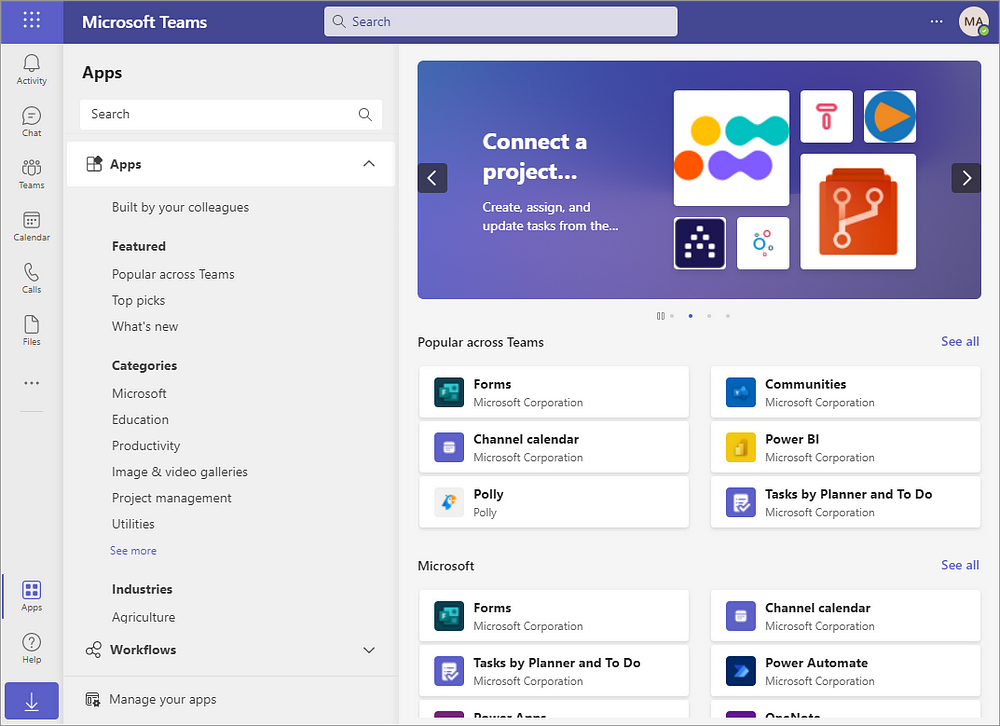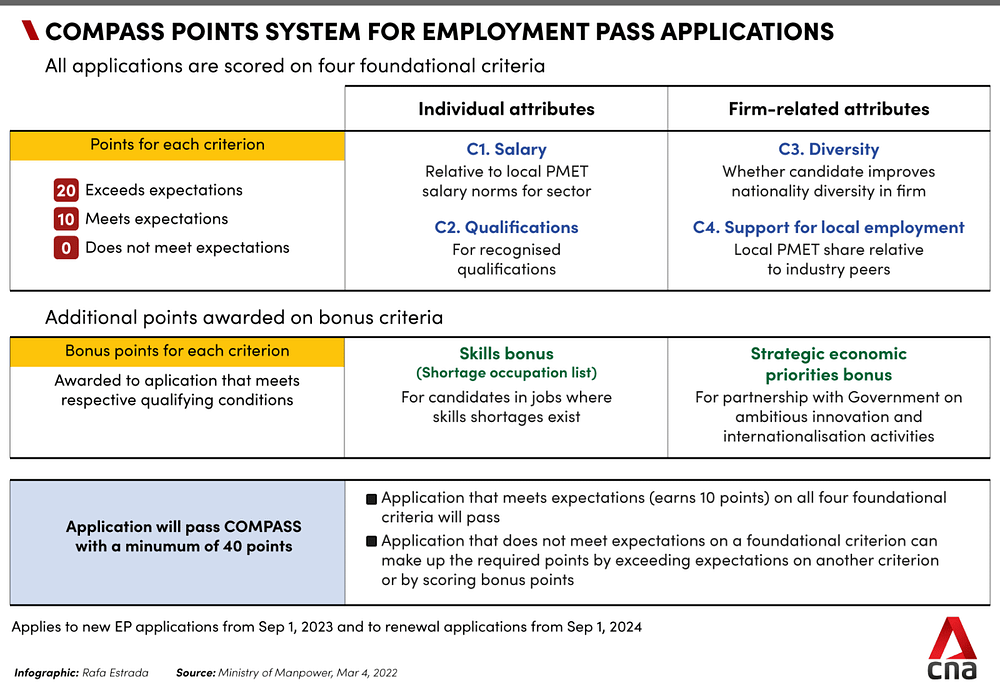
Introduction:
If you’re looking for extra money, side hustles can be a great way to supplement your income. A side hustle is any job or activity you do in addition to your primary source of income. With the rise of the gig economy and the growing popularity of freelance work, there are more opportunities than ever to earn extra cash. In this article, we’ll explore 8 creative side hustle ideas that can help you boost your income.
Online Tutoring

Online tutoring is a great side hustle for anyone with teaching experience or expertise in a particular subject. With online tutoring platforms like TutorMe and Chegg, you can connect with students worldwide and offer one-on-one tutoring sessions. Online tutoring can be done from the comfort of your home, and you can set your rates and hours.
Virtual Assistant

As more and more businesses move online, the demand for virtual assistants is growing. Virtual assistants (VAs) provide administrative support to businesses and individuals remotely. This can include scheduling appointments, managing email, and handling social media. To become a virtual assistant, you’ll need strong organizational and communication skills and experience with software like Microsoft Office and Google Suite.
Pet Sitting/Dog Walking

If you love animals, pet sitting and dog walking can be a fun and rewarding side hustle. You can advertise your services through websites like Rover and Care.com or post flyers in your local community. Pet sitting and dog walking can be done on your schedule, and the pay can be lucrative, especially if you have repeat clients.
Freelance Writing

If you have a way with words, freelance writing can be a great way to make extra money. Many websites and publications are always looking for new content, from blog posts to feature articles. You’ll need to build a writing sample portfolio and network with other writers and editors to get started. Websites like Upwork and Freelancer.com can also connect you with freelance writing gigs.
Food Delivery

With the rise of food delivery services like Deliveroo and Uber Eats, becoming a food delivery driver can be a profitable side hustle. To get started, you’ll need a reliable vehicle or bicycle and a smartphone to receive orders. You can work as many or as few hours as you like, and the pay can be pretty good, especially during peak hours.
Freelance Graphic
If you have a talent for graphic design, freelance work can be a great way to make extra money. You can offer your services through websites like Fiverr and 99designs or even reach out to local businesses and offer to create logos or marketing materials for them. To be successful as a freelance graphic designer, you’ll need to have a strong portfolio of work and excellent communication skills.
Photography

If you have a passion for photography, there are many ways to turn it into a side hustle. You can sell your photos online through websites like Shutterstock and iStock, or even offer your services as a freelance photographer for events like weddings and birthdays. To be successful as a photographer, you’ll need to have a good eye for composition and lighting and top-notch editing skills.
Social Media Management
If you’re a social media whiz, offering your services as a social media manager can be a lucrative side hustle. Businesses of all sizes always seek help with their social media accounts, from creating content to managing campaigns. To be successful as a social media manager, you’ll need to have a deep understanding of social media platforms and excellent communication skills.
Backlinks:











